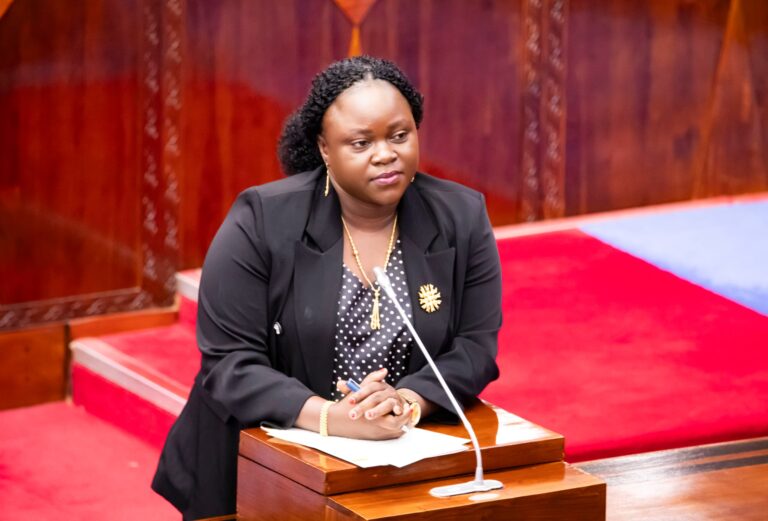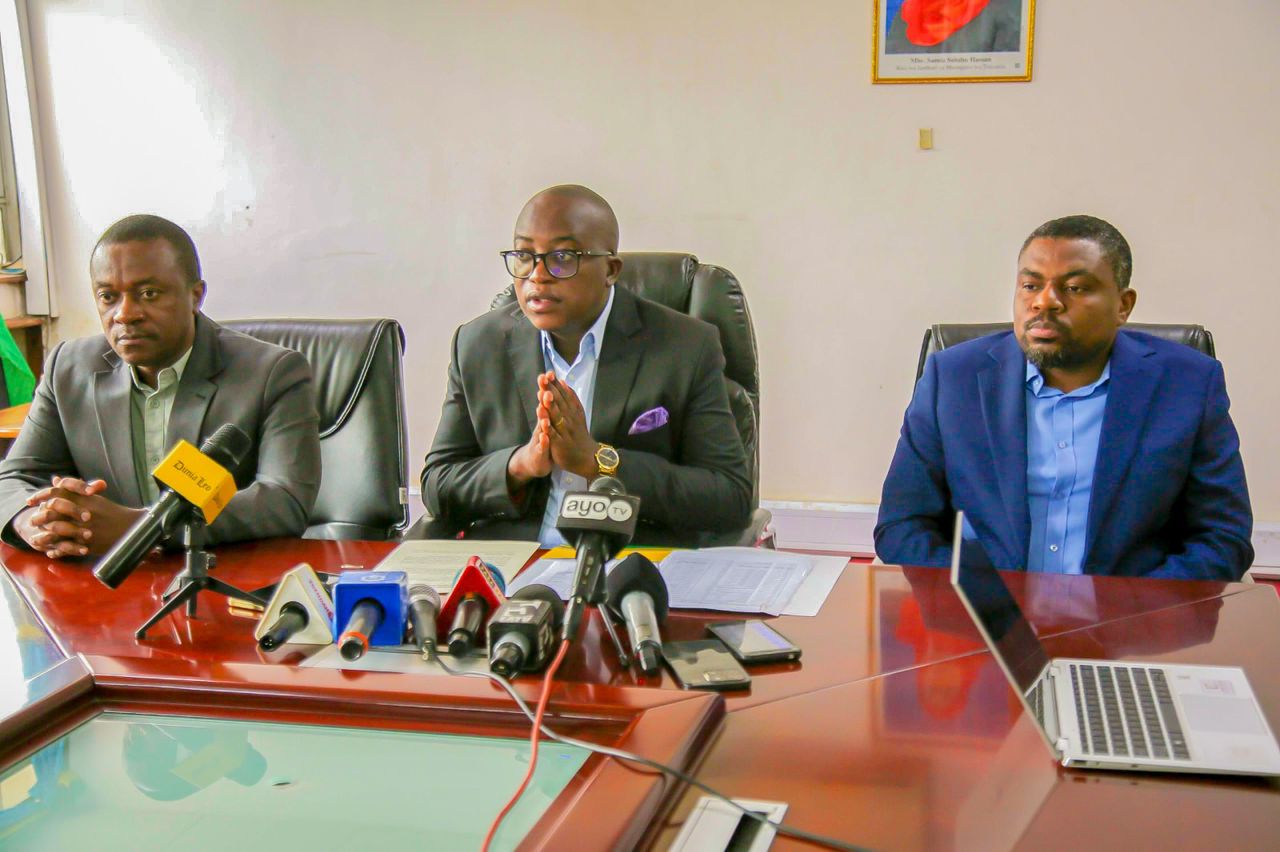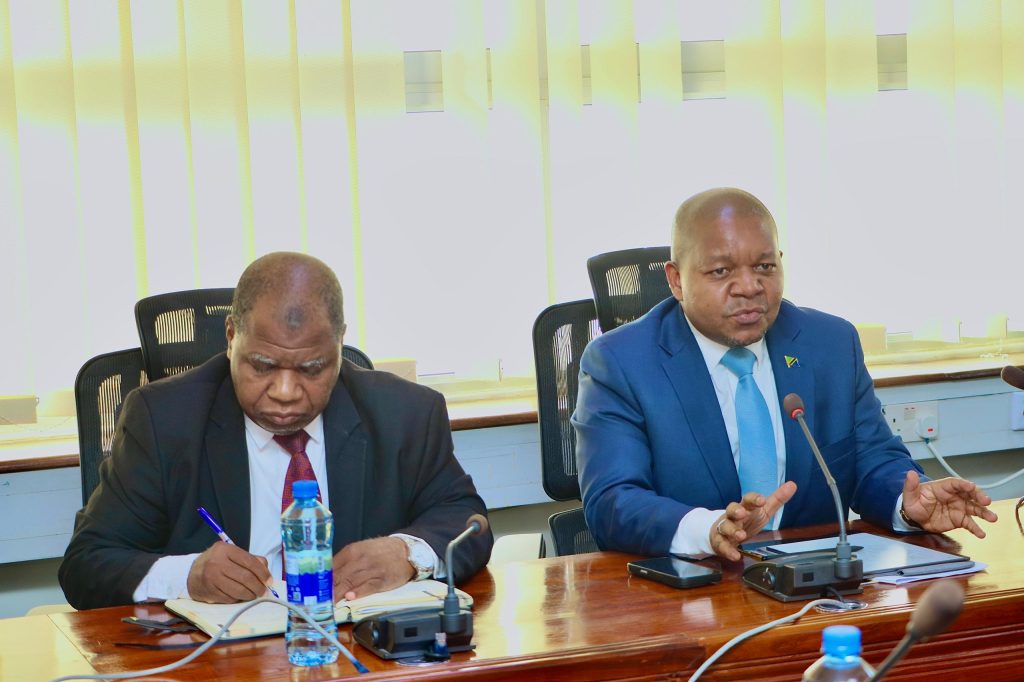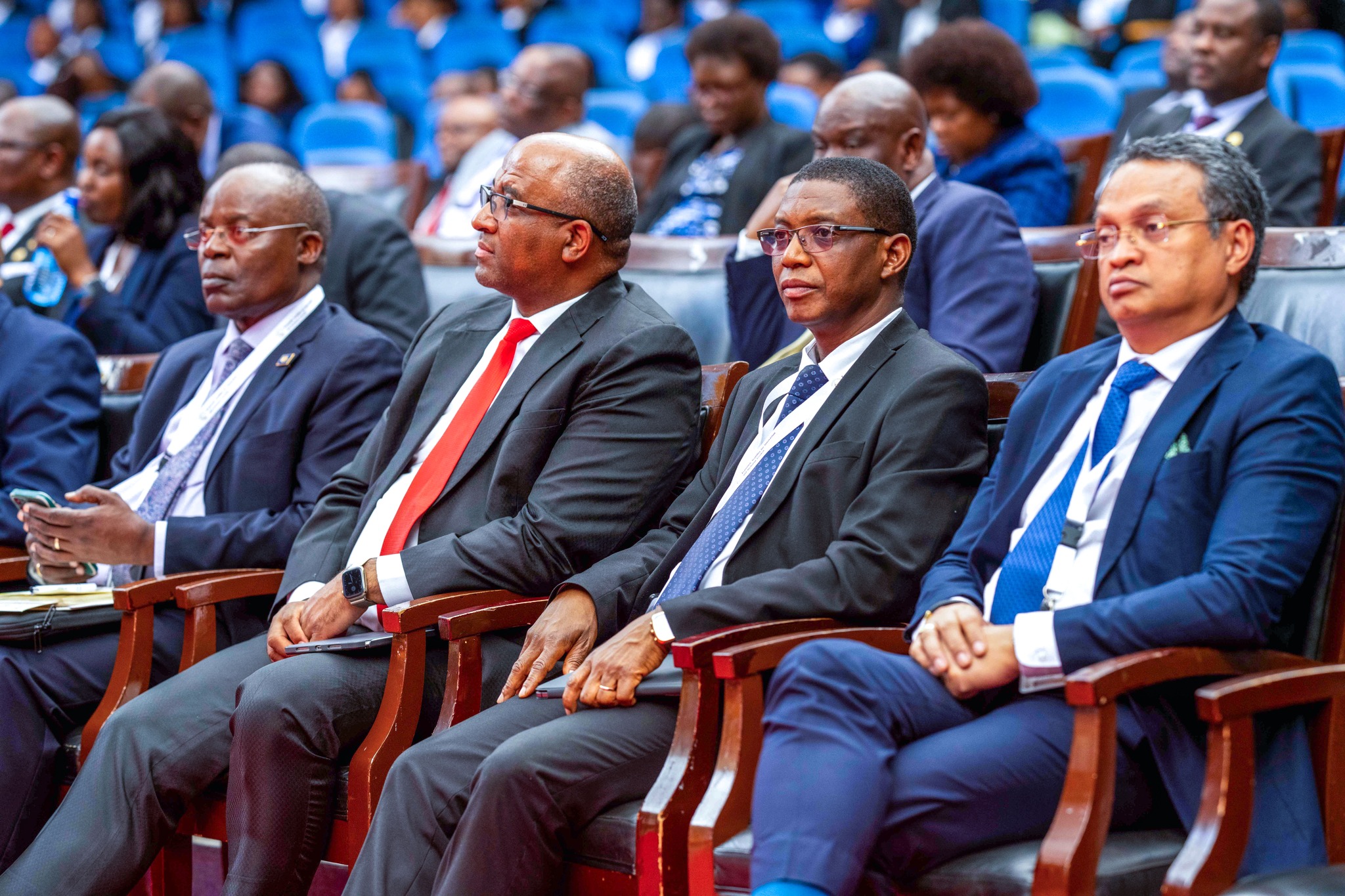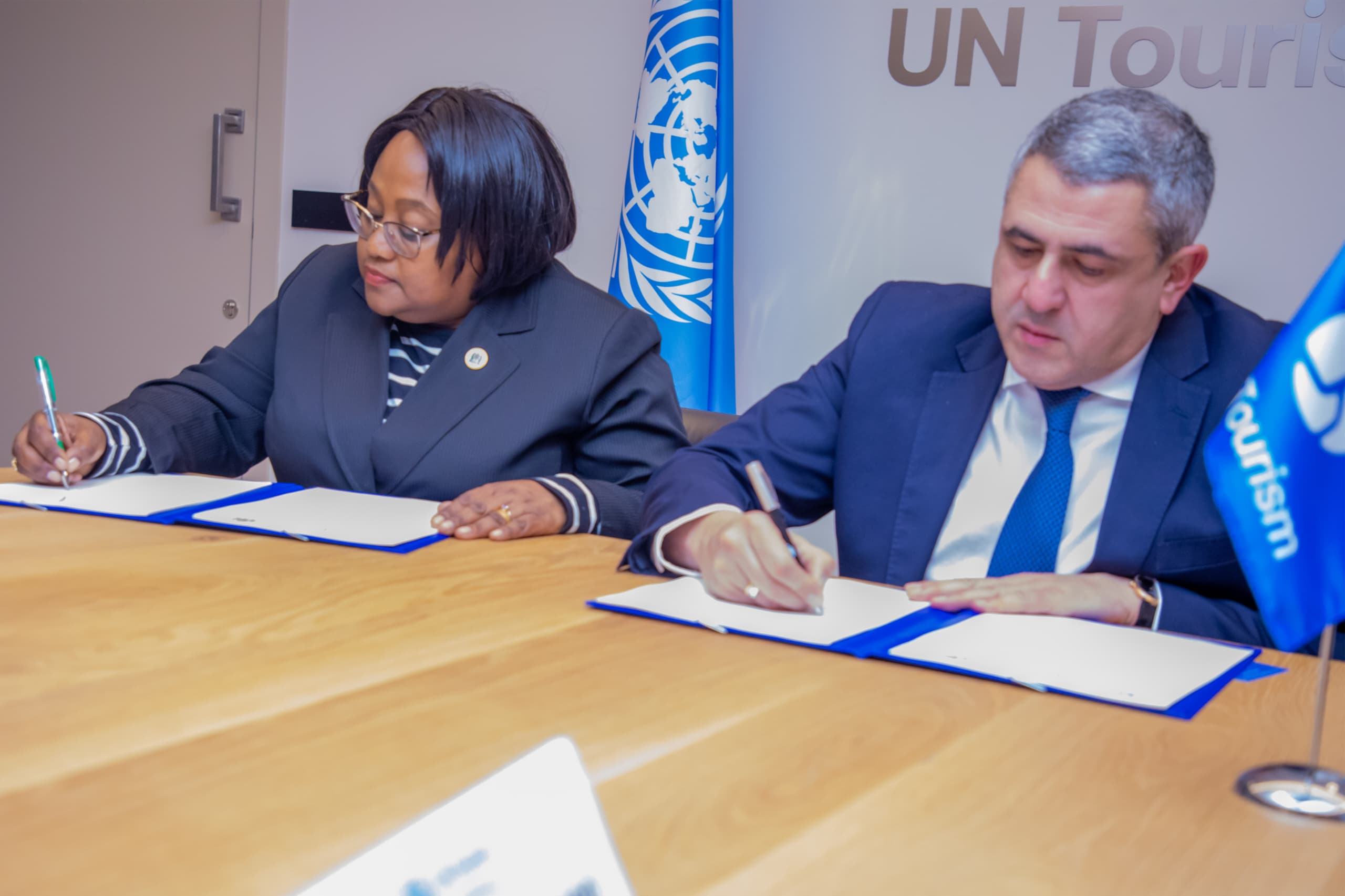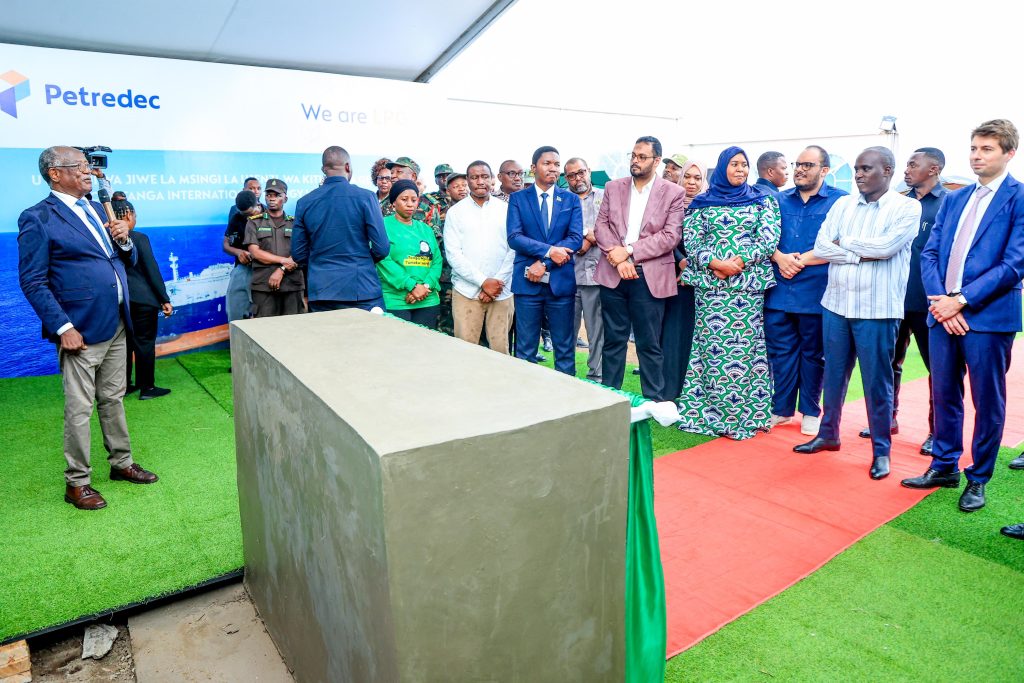Dodoma. The government has subsidised between 20 and 50 percent of the cost of 452,445 liquefied petroleum gas (LPG) cylinders to promote the use of clean cooking energy among Tanzanian households, Deputy Minister for Energy Judith Kapinga has announced.
Addressing Parliament on May 23, 2025, Ms Kapinga said the intervention targets end-users and forms part of ongoing national efforts to shift citizens from the use of firewood and charcoal to safer and more environmentally friendly alternatives.
She was responding to a question from Special Seats MP, Grace Tendega, who had asked what short-term strategies the government was implementing to ensure rural communities adopt clean cooking energy.
“The government, through the Rural Energy Agency (REA), will also distribute 200,000 improved cookstoves at a subsidised price – up to 75 percent off – and will facilitate the installation of clean cooking energy systems in public institutions serving more than 100 people,” Ms Kapinga said.
She further stated that the government had completed the electrification of all villages and is now encouraging the use of electric cookstoves as one of the strategies to promote clean energy usage in rural areas.
The deputy minister also said that while the National Clean Cooking Energy Strategy is a ten-year plan, the government has concurrently adopted a more immediate strategy involving private sector participation to accelerate public uptake.
Responding to Mbulu MP, Zacharia Isaay, on the government’s preparedness to electrify all targeted sub-villages within the remaining one month of the current financial year, Ms Kapinga said several ongoing projects aim to achieve this goal.
“One of the strategies involves connecting 15 sub-villages in each constituency. Additionally, the government has initiated a broader plan to electrify 20,000 sub-villages, with the first phase targeting 9,000 sub-villages. Currently, efforts are underway to secure contractors,” she explained.
When responding to a concern from Special Seats MP, Anatropia Theonest, about the continued high prices of LPG cylinders despite the subsidy, Ms Kapinga clarified that urban consumers receive a subsidy of up to 25 percent, while rural consumers benefit from a higher subsidy ranging between 50 and 75 percent.
She gave an example: “If a gas cylinder previously cost Sh45,000, it is now available at a subsidised rate of Sh17,000 to Sh21,000 – more than half off the original price. Each district has approximately 3,255 subsidised cylinders, and this is just the beginning of the strategy.”
On a related issue raised by Special Seats MP, Yustina Rahhi, regarding biogas technology for pastoralist communities, Ms Kapinga said the government is implementing a project supported by the European Union through the UNCDF fund, which includes the provision of biogas digesters and cookstoves powered by cow dung.
In response to Nyang’wale MP Hussein Amar, who enquired about the government’s plans to supply clean cooking energy to 19 secondary schools and 12 boarding schools in Nyang’wale District to protect the environment, Ms Kapinga said her ministry is collaborating with the President’s Office – Regional Administration and Local Government (TAMISEMI) to roll out clean cooking solutions to public institutions.
Ms Kapinga concluded by advising local government authorities to consider allocating internal revenues to install clean cooking systems in institutions under their jurisdictions.

